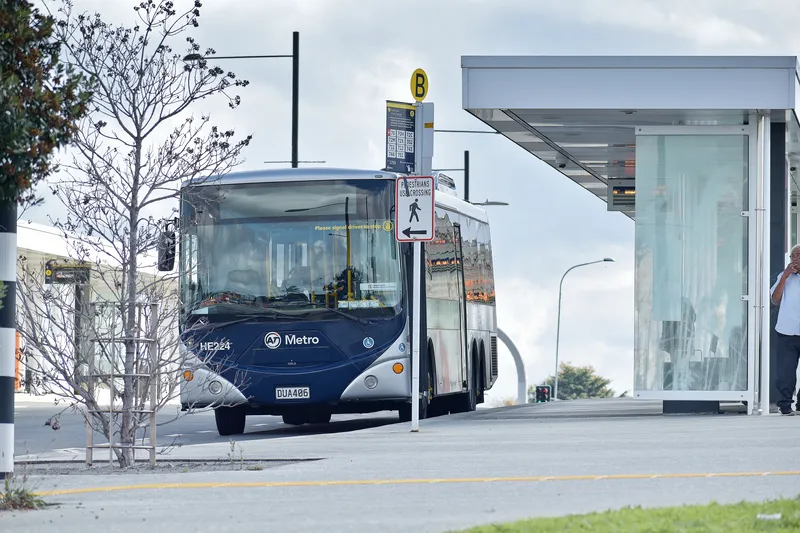The New Zealand Government and Auckland Council have begun a project to investigate smarter transport pricing in Auckland.
The Smarter Transport Pricing Project will undertake a thorough investigation to support a decision on whether or not to proceed with introducing pricing for demand management in Auckland. Officials from the Ministry of Transport, Auckland Council, Auckland Transport, the
The first stage of the project, which will lay the groundwork for assessing pricing options, is expected to be complete by the end of 2017. However, any decision on the use of a demand management tool like road pricing is still some years off, according to finance minister Steven Joyce.
Transport minister Simon Bridges commented that work undertaken last year by the Government and Auckland Council found that smarter transport pricing could help make a big difference in the performance of Auckland’s transport system. He said smarter transport pricing could involve varying what road users pay at different times and/or locations to better reflect where the cost of using the roads is higher (i.e. where there is congestion). This could encourage some users to change the time, route or way in which they travel.
“The Government has also made a clear undertaking that any form of variable pricing will be primarily used to replace the existing road taxes that motorists pay. This is about easing congestion, not raising more revenue,” said Bridges.
Smarter Transport Pricing project gets underway in Auckland
The New Zealand Government and Auckland Council have begun a project to investigate smarter transport pricing in Auckland.
June 9, 2017
Read time: 2 mins










